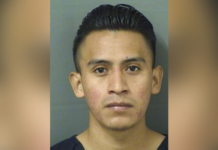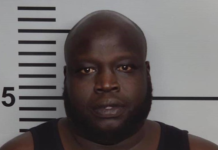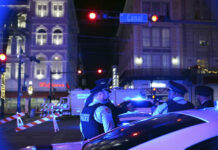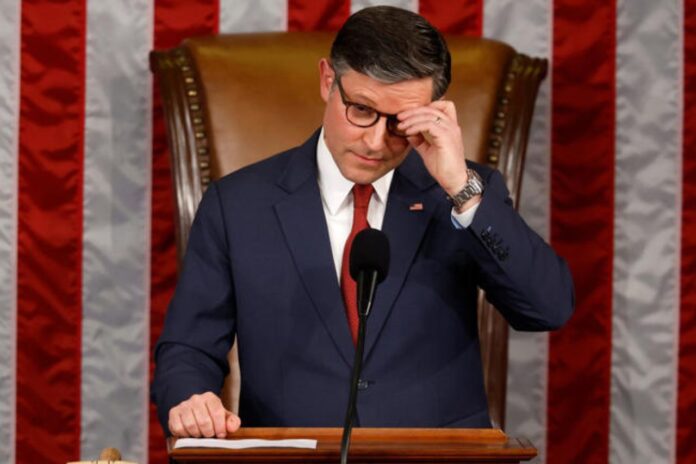When Mike Johnson was reelected as House Speaker, he shared a prayer that he claimed was from Thomas Jefferson. But here’s the twist—there’s no proof that Jefferson ever said it!
In fact, this prayer has been misattributed to Jefferson so many times that the Thomas Jefferson Foundation has officially debunked it.
During his speech, Johnson said, “I was asked to provide a prayer for the nation. I offered one that is quite familiar to historians and probably many of us.” He went on to explain, “It’s said that President Jefferson recited this prayer every day during his presidency and even after, until his death.”
But hold on, the truth isn’t so clear-cut. The prayer, which Johnson read from the House program, has no solid connection to Jefferson. The program’s author is unknown, and it’s unclear whether Johnson knew this prayer wasn’t Jefferson’s in the first place.
When asked about it, Johnson’s spokesperson didn’t respond for comment. But Johnson shared the prayer not necessarily as a prayer for the moment, but as a “reminder” of what Jefferson supposedly thought was important enough to say every day.
Here’s the catch: the “National Prayer of Peace” Johnson read aloud is easily found on the Thomas Jefferson Foundation’s website, but it’s listed as an example of a “spurious” quote. In simple terms, it’s a quote that wasn’t from Jefferson at all.
The foundation explains, “We have no evidence that this prayer was written or delivered by Thomas Jefferson.” In fact, it first appeared in a 1928 version of the United States Book of Common Prayer and was suggested for inclusion much earlier in 1919.
And considering Jefferson was all about keeping church and state separate, the idea of him crafting a public prayer seems a bit off. The foundation points out that Jefferson believed religion was a private matter. In fact, when asked to recommend a national day of fasting and prayer, Jefferson famously replied, “I consider the government of the US. as interdicted by the constitution from intermeddling with religious institutions, their doctrines, discipline, or exercises.”
So, while the intention behind Johnson’s prayer may have been to inspire, it seems the historical facts don’t quite line up!




























